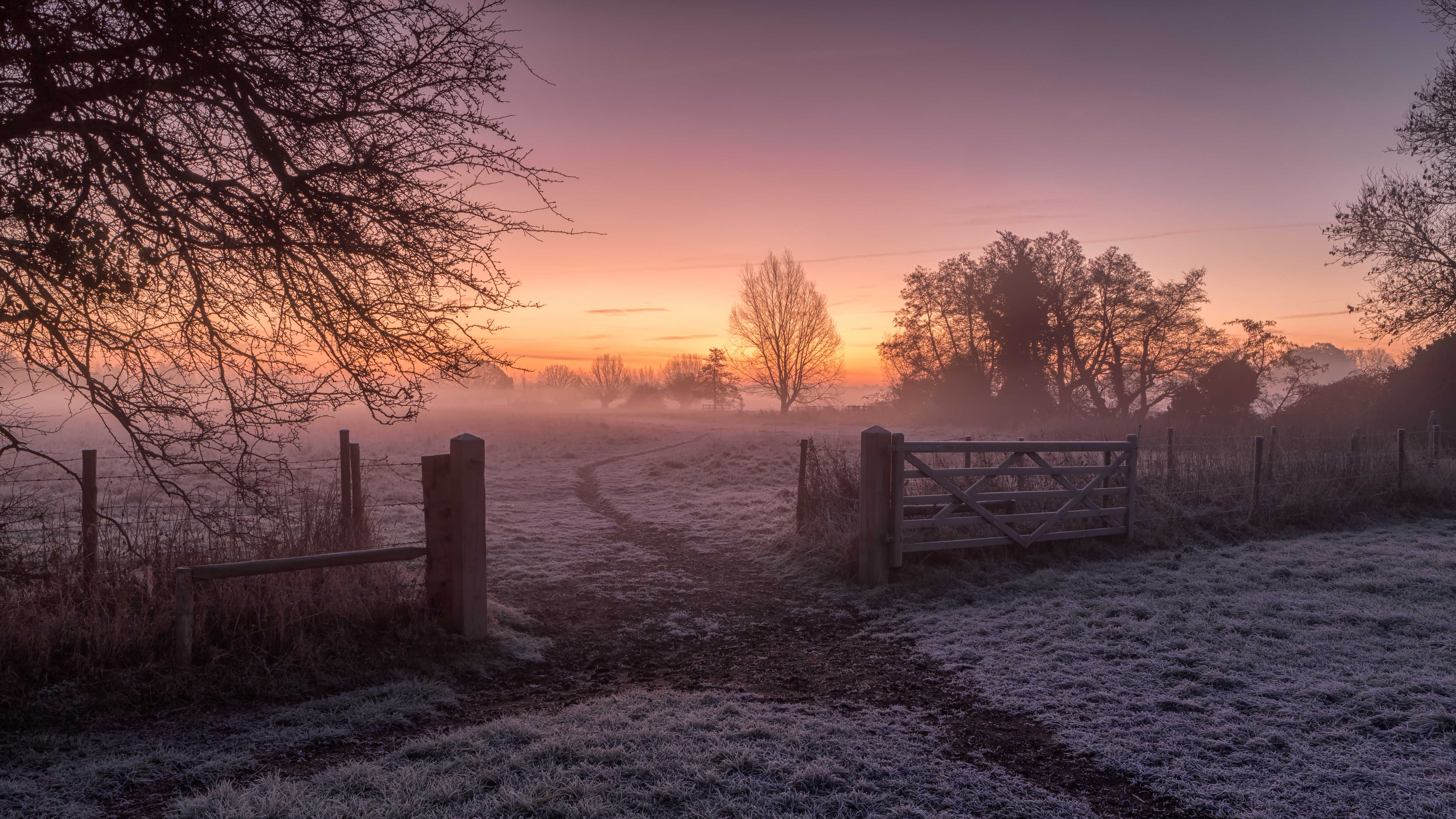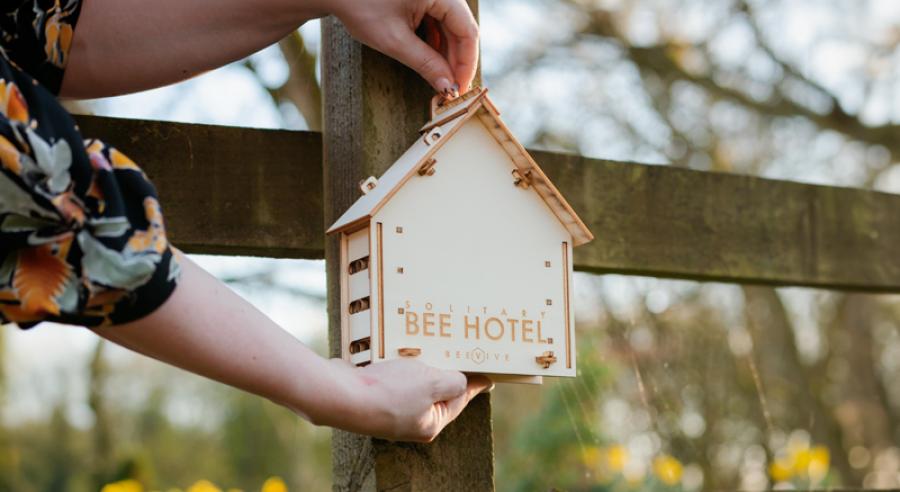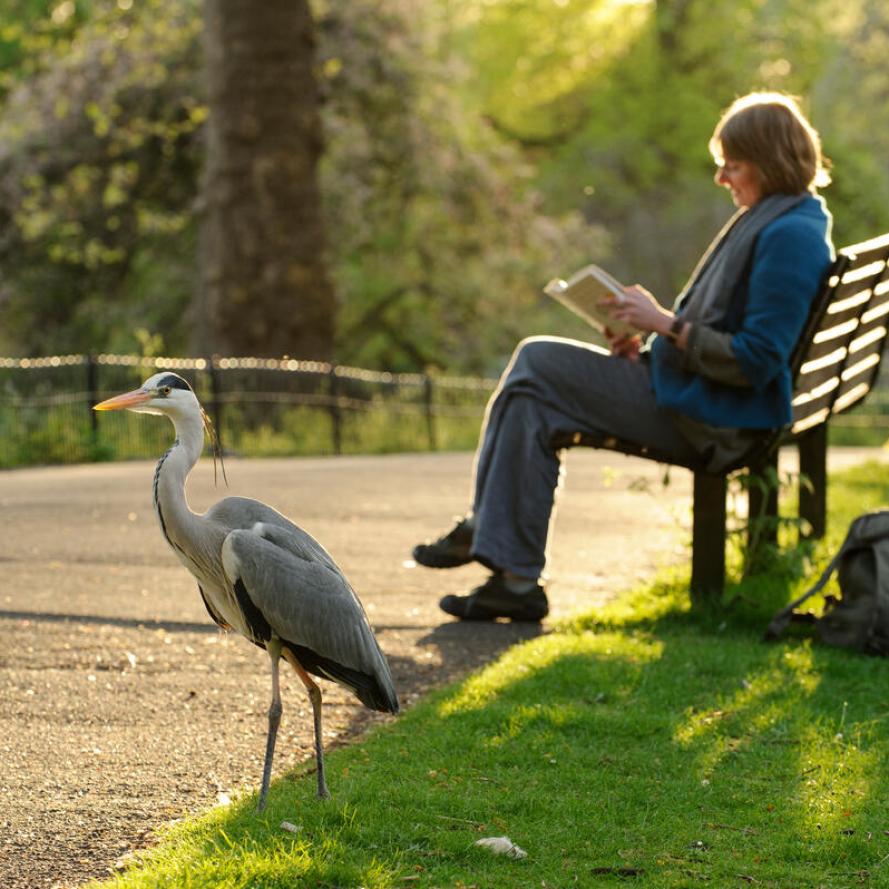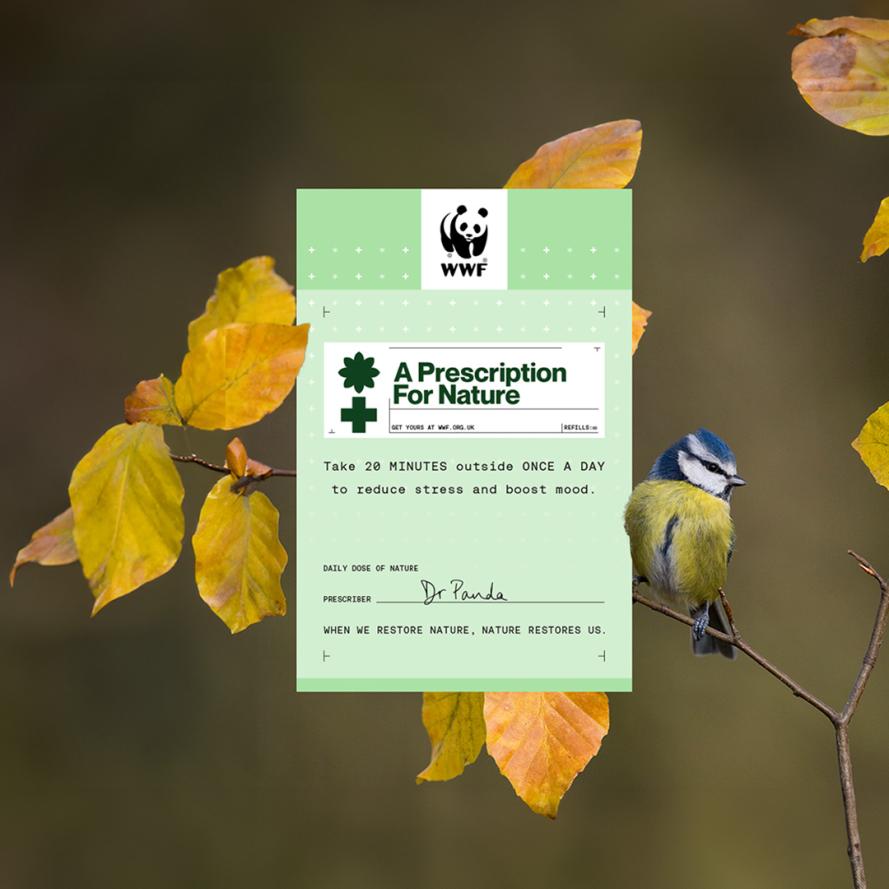

Active in Nature


Get your daily dose of nature while staying active, to keep your mind and body in balance.

A healthy dose of the outdoors
Whatever our age, physical activity is essential for keeping our minds and bodies fit. By exercising in nature, we can give our health an even bigger kick!
Getting active outdoors provides us with positive benefits like revitalising fresh air and nourishing natural light. Even just watching outdoor activities has its benefits, as spacious green places offer a change of scene that can relax us and stop our minds racing. So, if you can switch your indoor workout to an outdoor one, you’ll do yourself an extra dose of good.

Activities that energise
When it comes to being active in the great outdoors, anything goes. There are activities we can work into our routines more easily, like running in a local park or tending to a garden. Or, there are adventures that need more planning, like camping or a wild hike. If you’re spectating, take the scenic route to the game, enjoy the fresh air, and explore the nearby green space.
The more time we spend connecting to nature, the more it benefits our mental health. After a while, we might even be inspired to give something back.

Nature and Sport
Sport often brings us closer to nature - from the grass beneath our feet, to simply getting a dose of fresh air, even as a spectator on the side-lines. Every moment of play is shaped by nature. Nature aids recovery and supports mental wellbeing - helping us stay focused, resilient, and grounded. Whether you’re playing or watching, the outdoors offers space to breathe in the fresh air, and reconnect with the nature around us.
England footballer Fran Kirby teamed up with WWF to reveal how time outdoors has supported her, from childhood kickabouts to post-tournament recovery.
Get your daily dose of nature
Exercise outside - whatever the weather
‘Green exercise’ like walking, running or cycling outdoors can revive our minds and bodies. Activities like these can clear our heads, reduce fatigue and raise our self-esteem.
What you do, and when, will be guided by the nature you have nearby. Any time you spend being physically active in the fresh air is well worth your while. Even a five-minute outdoor stroll can help calm anxious or overactive brains.
You could:
- Take the dog for a walk: amble along a towpath, or through open fields
- Run in the woods or your nearest park: seek out scenic trails that take you in and out of the trees. Or walk, jog, run, volunteer or spectate at your nearest parkrun event
- Hike in the countryside: find a local loop, or get the map out and go further afield
- Cycle around a city park: hire a bike and pack a picnic for a treat
- Kayak, canoe or paddleboard: take a lesson on a canal, lake or reservoir
As you exercise in these green spaces, take a pause every now and again to admire your surroundings. Your mind will be grateful for the extra dose of endorphins.
Outdoor activities also give us opportunities to socialise and get closer to our community. Through local groups, like ParkRun, we can meet people and receive peer support, all of which is very helpful for fighting feelings of loneliness and isolation.
Before doing any of these, check if the weather and conditions are safe. Wear appropriate clothing and always tell others where you’re going.
You could join one of our Great Wild Walks, where you can choose 5 or 10 mile routes and receive a WWF t-shirt and medal on the day, all while taking in beautiful landscapes and picturesque woodland routes. Register your interest for 2025 walks.
Mindful moments on the sidelines
Reconnect with nature on match days from grassroots team sports to watching the pros. You can use your match days to take note of the natural world around you. Here are some suggestions below:
Take the scenic route
Swap busy streets for riverside paths or local parks and turn your journey into a nature corridor. Whether you're walking, cycling, or getting off the bus a stop early, treat it like a mini scouting mission - how many birds, trees, or wildflowers can you spot on the way? Use an app like Seek to identify species, and for extra fun, award bonus points for spotting plants or animals that match your team’s colours or mascot.
Half-time reset
Use half-time or a break in training to take a mindful moment in nature. Step to the side of the pitch, take a few deep breaths, and tune in to your surroundings - the rustle of leaves, birdsong, or the feel of the wind. It’s a simple way to reset your mind, reduce stress, and come back to the game more focused and energised.
Back your club’s green goals
You’re already loyal on the pitch - why not show it off the pitch. Many clubs support sustainability efforts like tree-planting, recycling drives, or fan garden projects. Whether that’s the club you support, or the club you play for.
Pro move: Volunteer pre-match! Or contact your club to get involved in their sustainable efforts.
Take a sensory safari
A sensory safari is a fantastic way to bridge the gap between ourselves and the natural world. If your thoughts are racing, this exercise is a great way to ground them. It requires concentration, which you may find tricky at first. But stick with it and the benefits will soon follow.
Set aside some time and find a suitable spot outdoors. The greener, and less busy, the better. When you’re ready choose one (or more) of your available senses and hone in.
What can you hear?
Tune in to the symphony of nature and try to pick out three individual sounds – birdsong, the snap of twigs, crunching leaves. Do you know what’s responsible for making them?
What can you smell?
Sniff the air. What natural scents can you detect? Do these get stronger or weaker as you move around? Can you follow them all the way to their source?
What can you feel?
As you explore, reach out and touch three natural things – a spiky leaf, the soft sand, the roots of a tree. Run your fingers across their surface (carefully) and notice all the different textures.
What can you see?
Look out and choose three natural things in your view – a pine cone, a colourful rock, an insect, or a cloud. Focus on them one at a time and consider their shapes, colours and sizes. Can you imagine what they’d be like to touch?
Because our environment changes so often, you can do this activity daily and get different results every time. It’s especially rewarding to see what new things your senses detect as the seasons come and go.
Grow outdoors
Get green fingers, fresh air and plenty of restorative natural light by growing plants outdoors. All you need is a few seeds and some soil. Here are some things you can try:
- Scatter wildflower seeds: help your neighbourhood become a vibrant habitat for wildlife by growing an assortment of native wildflowers. When they pop up, you can try to identify them with family and friends. Psst... pollinators love them!
- Sow some herbs: Pot up some seeds indoors, watch them sprout, plant them out and eventually, they’ll be good enough to eat.
- Plant for your senses: Explore your local garden centre and look for plants with interesting leaf patterns, unusual textures, and strong scents. If you’re new to gardening, start with more established plants so they stand a better chance. Get them home and arrange them however you like. They’ll bring you joy every time you see or smell them.
- Grow some veg: If you’ve got the room, why not try some very rewarding veg-growing? You can do it in pots on your balcony, raised beds in your back garden or in a community allotment. Start with seeds and enjoy the full circle moment that comes from eating a potato, pea or pumpkin you’ve grown and tended.
Go camping
Whether you’re taking a solo trip, or adventuring with others, there’s nothing like a camping trip for getting us closer to the great outdoors.
Once you’ve pitched up in the perfect spot, the fun can really begin. You could try:
- Hiking: find a circular route that takes you on a tour of the local area and brings you right back home again
- Wild cooking: forage some local food to cook over the campfire (always taking care to know exactly what you’re collecting). Use a trusted source like the Woodland Trust’s Essential Foraging Guide to help you - and never eat anything you’re unsure about.
- Animal-spotting: seek out tracks and find signs of creatures who live nearby. Pack a pair of binoculars to observe birds and other faraway things.
It’s an ideal opportunity to take a ‘digital detox’ and switch off from technology, too. Between the feel of grass beneath your feet, the serene landscapes, and the invigorating fresh air, camping allows you to get away from it all and fully recharge.
Volunteer for your environment
Doing any small task that’s good for the environment, like like litter-picking or helping to create a community garden, helps people and nature thrive together. Plus, it’s good for the soul. Donating time to activities like this not only strengthens ties to the community, it also enhances empathy and self-confidence. This can help you feel more empowered about doing things for yourself and others.
Make a big difference to nature in your neighbourhood by volunteering with an environmental group. It might be:
- A tree-planting scheme
- Creating a community garden
- A nature restoration project
- An educational programme that spreads the word about nature’s brilliance
- Rewilding or regeneration of an urban area
- A monthly litter pick
A quick search online should show you local nature-friendly organisations, and help you decide how much time you can give. It could be an hour a week, a weekend a month or once a year. Any time you can give really does help.
You could also invite your workplace to donate conservation, community or charity days, where people are given time off to strengthen their connection with nature and help their local environment.
"I go for walks and focus on what I can see and hear which has helped me feel calmer"
WWF supporter

UK Nature through the seasons
UK Nature through the seasons
The UK is extraordinarily diverse, with low-lying countryside through gentle heath, harsh remote moorland, rolling hills and mellow river valleys to impressive glaciated mountains cut through by tumbling streams. From Dartmoor to the Cairngorms our small island is home to a plethora of wildlife, including deer, otters, mountain hare, orca, pine martens, and 600 species of birds.
Shop the nature collection
More ways to get involved

Happy by nature - schools programme
Find out more and get your local school to sign up.


Mental health support
Mental health support
The Mental Health Foundation is a charity committed to building good mental health in the UK, offering evidence-backed advice and resources, and developing better ways to support good mental health in every community.





